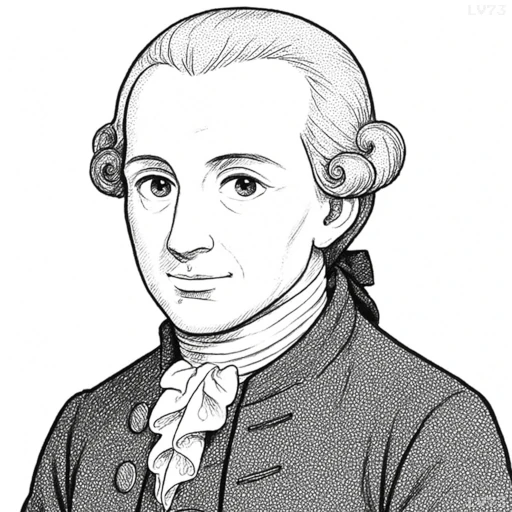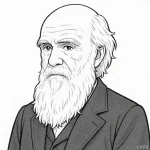“He who is cruel to animals becomes hard also in his dealings with men. We can judge the heart of a man by his treatment of animals.”

- April 22, 1724 – February 12, 1804
- Born in Germany (East Prussia)
- Philosopher
table of contents
Quote
“He who is cruel to animals becomes hard also in his dealings with men. We can judge the heart of a man by his treatment of animals.”
Explanation
Immanuel Kant, an 18th-century philosopher, is best known for his work in moral philosophy, particularly the development of the categorical imperative, which outlines duties humans must follow regardless of the consequences. In this quote, Kant connects the treatment of animals with the broader moral character of a person. His argument suggests that cruelty toward animals reflects a lack of compassion and empathy, which can extend to how a person interacts with others. This idea aligns with Kant’s broader philosophy that the way individuals behave towards vulnerable or non-human beings provides insight into their moral integrity and capacity for kindness.
In the context of modern times, this perspective remains relevant, particularly in conversations around animal rights, ethical treatment of animals, and environmental ethics. For example, individuals who engage in or support industries that harm animals, such as factory farming, might also be more likely to exhibit negative behaviors toward others. This idea has been explored in psychological studies that show links between empathy for animals and positive interpersonal relationships. Kant’s statement serves as a reminder of the deep moral interconnectedness that exists between how we treat all living beings.
Historically, Kant’s views were grounded in the Enlightenment ideals of rationality and ethics, where humans were expected to be guided by reason to improve their treatment of others. However, in Kant’s time, the dominant views on animals were often dismissive, with animals seen primarily as tools or commodities. Kant’s view here was progressive in its recognition of animals as beings deserving of moral consideration, challenging the prevailing attitudes of his era. His insight has influenced contemporary animal rights movements, which continue to emphasize the moral obligation to treat animals with respect and kindness as a reflection of our humanity.
Would you like to share your impressions or related stories about this quote in the comments section?



